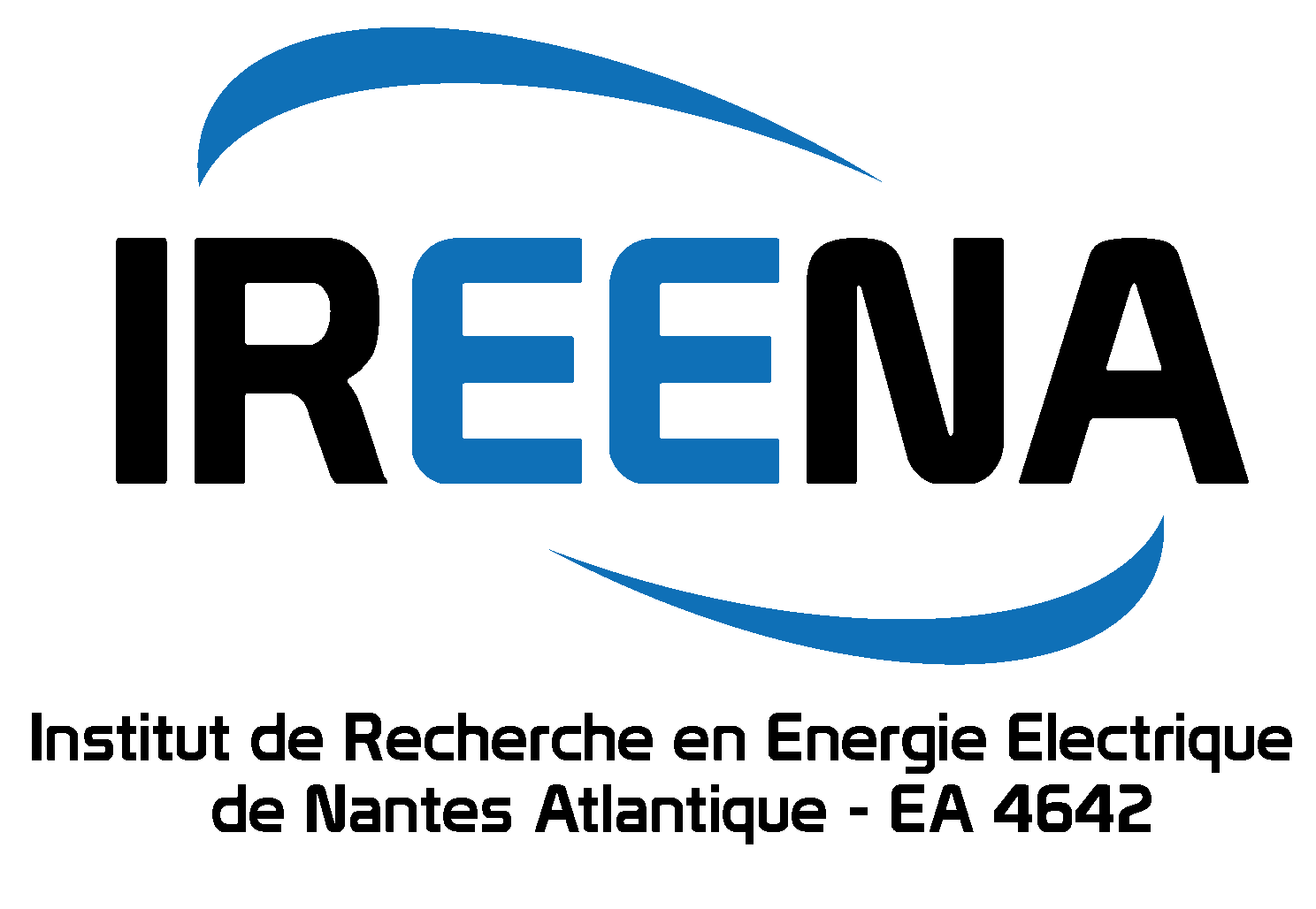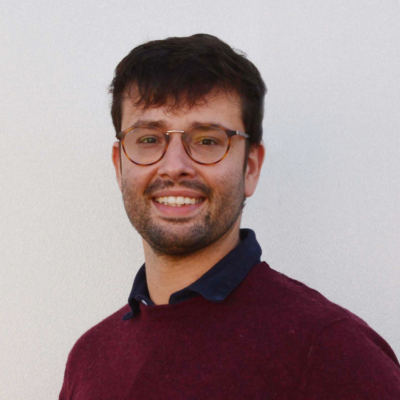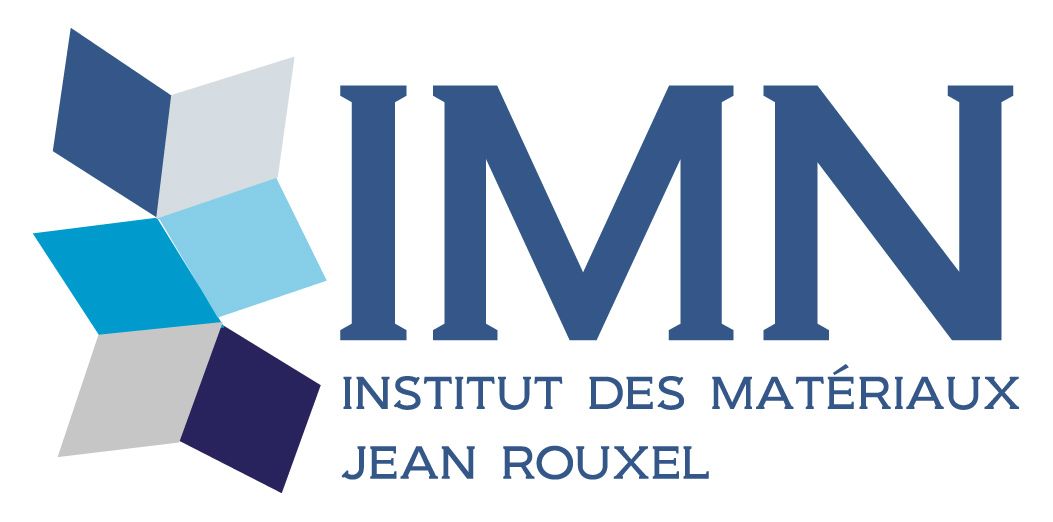

The transport and exploitation of renewable energies make use of increasingly complex electromechanical conversion chains and multiphysics. They require from the design stage the consideration of multiple criteria at the same time technical (performance, bulk, energy efficiency, lifetime) and economic (investment costs, operating, maintenance, ...). A multi-physics system is generally described by very varied dynamics, related to the different physical phenomena modeled. The difficulty in simulating such problems lies in the fact that the submodels are coupled and interdependent with distant time constants and therefore penalizing for the computation time. The latter is essentially a criticism in the context of an optimization work, for which many assessments of the problem are necessary to converge towards an optimal solution. Thus, reducing the computational and simulation complexity of these multi-physics systems is an extremely important lever in the optimal design process. For this, several approaches are commonly used. For example, it is common to try to decouple physical domains to partition the problem and use cosimulation tools. It is also possible, to reduce the stiffness of a dynamic problem (ratio between the fastest dynamics and the weakest dynamics), to reformulate certain parts of the system, to arrive at reduced models, average or snapshots. In all cases, to reduce the computational effort, these methods require a significant effort of modeling and reformulation, which generally involves a high scientific expertise on the part of the designer. Recent work carried out at the IREENA laboratory has resulted in a generic formalism describing the cycles of use of multiphysical dynamic systems. This multi-layered formalism is based on the simulation of the system over a reduced set of fundamental cycles, the results of which are then extrapolated to higher time scales.This approach significantly reduces the cost of simulation, even in the presence of a large disparity of system time constants. In addition, it relies on a complete formulation of the problem and therefore requires very little reformulation effort. Still, this method is limited to the description of dynamic systems evolving in a simplified environment, necessarily deterministic and cyclical. However, a more accurate consideration of the real environment is a particularly important issue for a whole class of problems in electrical engineering, and particularly in the context of the exploitation of intermittent renewable energies, such as solar or solar energy. wind. The use patterns as well as those of the natural resource will then exhibit a partly stochastic behavior, which therefore requires the implementation of new approaches and methodological tools. We therefore hope, with the SYSTER project, to overcome these modeling constraints by looking for original and innovative solutions, capable of simulating dynamic multi-domain systems strongly coupled at different time scales and evolving in complex and stochastic environments. The fields of application of this work will focus on the chains of production and conversion of electrical energy, and more particularly on the production devices using new and renewable energies, which require to take into account stochastic phenomena. both at the resource and the load level. The idea is then eventually to define a generic methodological framework for the optimized design of these systems, in order to ensure reliable and reliable answers to both technical and economic objectives. The expected results for this study are mainly methodological, since we aim essentially to provide tools and approaches adapted to these new complex systems, seeking to systematize or even automate a number of modeling and reformulation operations.
Emplois crées : 2
Project leader

Member partner
LABORATOIRE MATHÉMATIQUES JEAN LERAY (LMJL)
Start of the project on27 / 07 / 2024
Strategic business lines
 Smart grids
Smart grids
 Smart grids
Smart grids
Referent of the project
 Guillaume ANDRES
Guillaume ANDRES
06 43 65 78 56
guillaume.andres@s2e2.fr
Pays de la Loire




The ZORG project aims to achieve a unified understanding of the links between zinc electrolyte…



The HyBer project is an ambitious initiative to create a hydrogen ecosystem in the department…
